Promise of Justice Initiative argues before Louisiana Supreme Court in Reddick v. Louisiana, a case that will decide the fate of 1,500 people who remain incarcerated as a result of Jim Crow juries
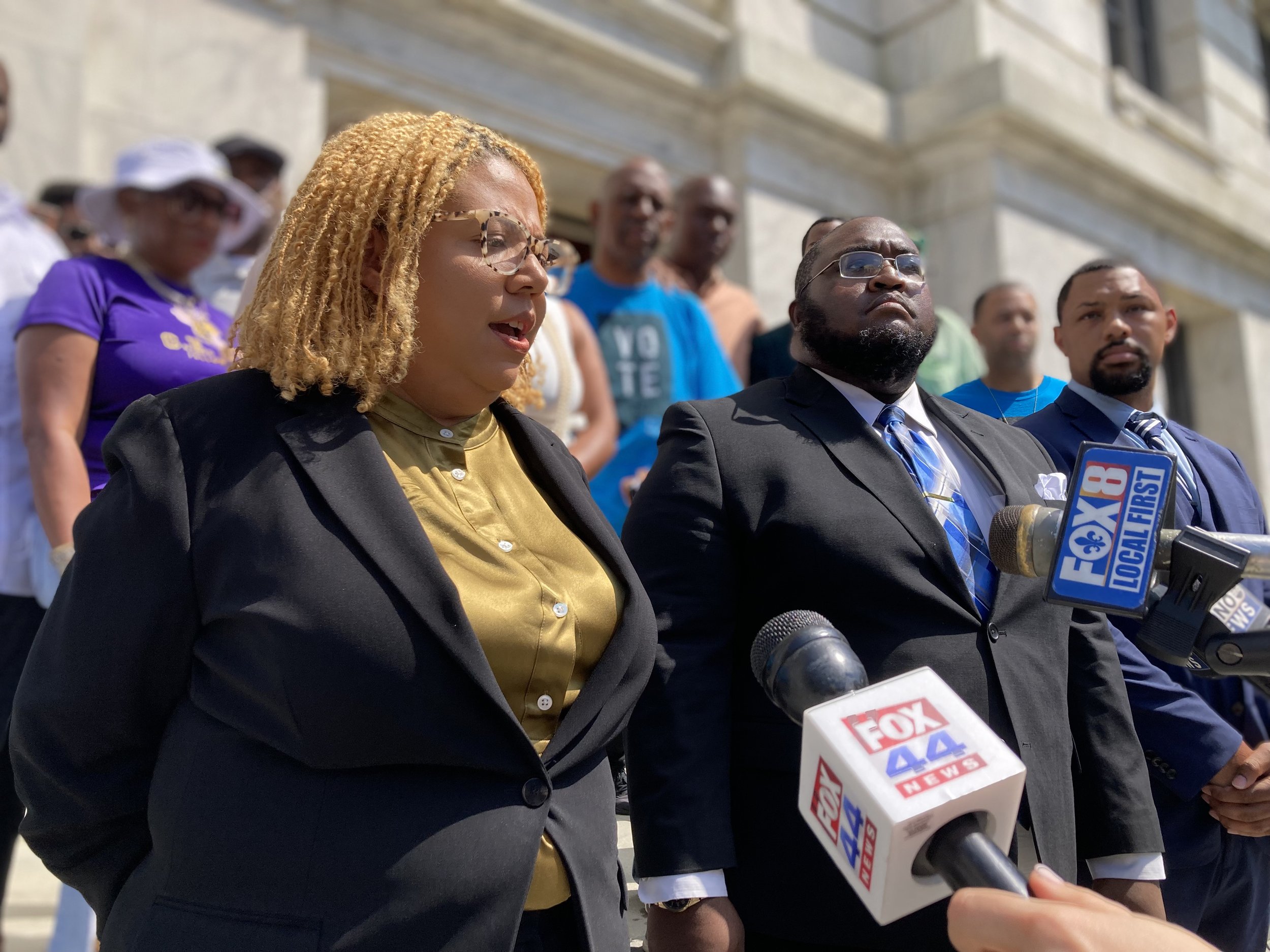
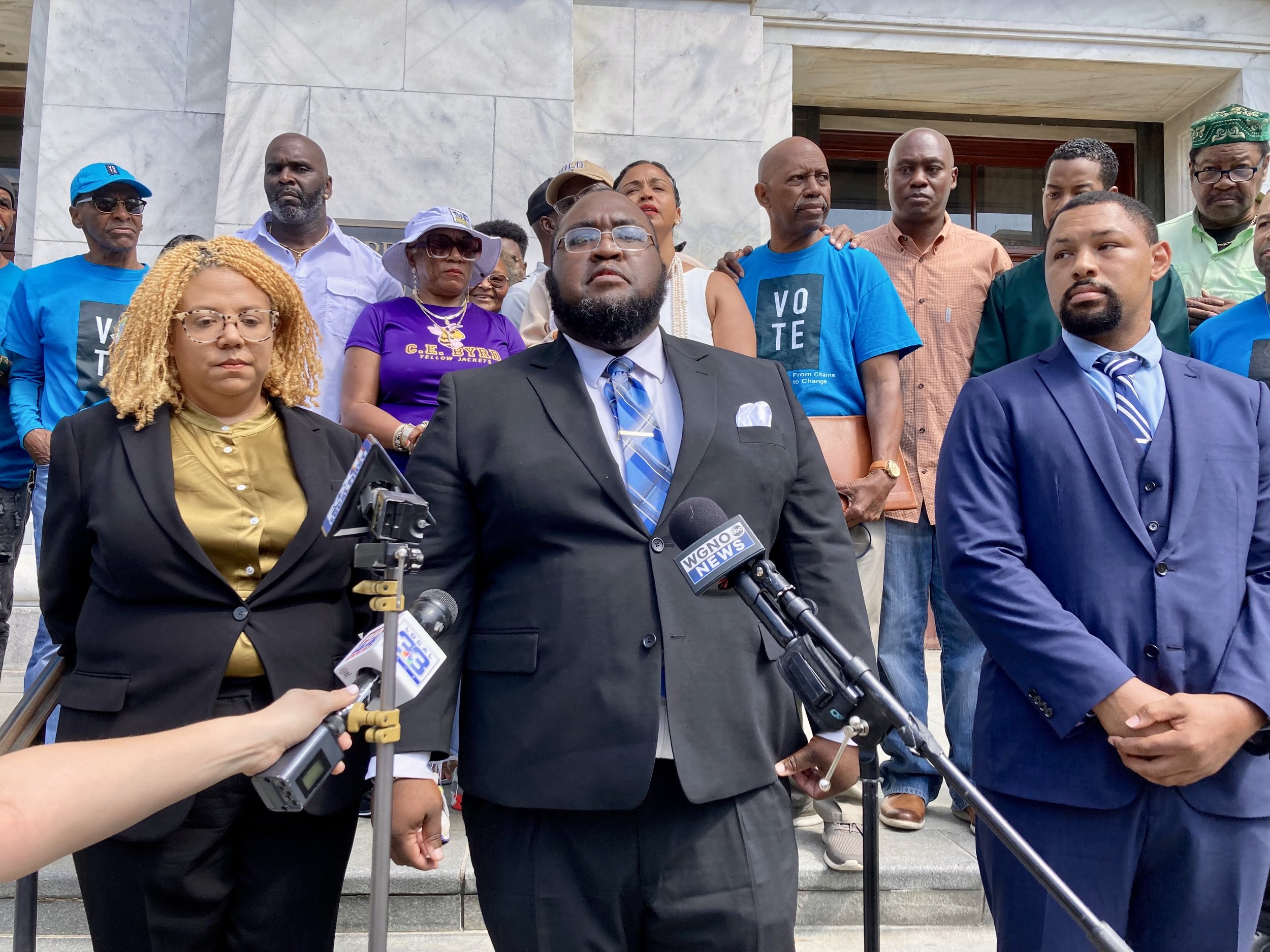
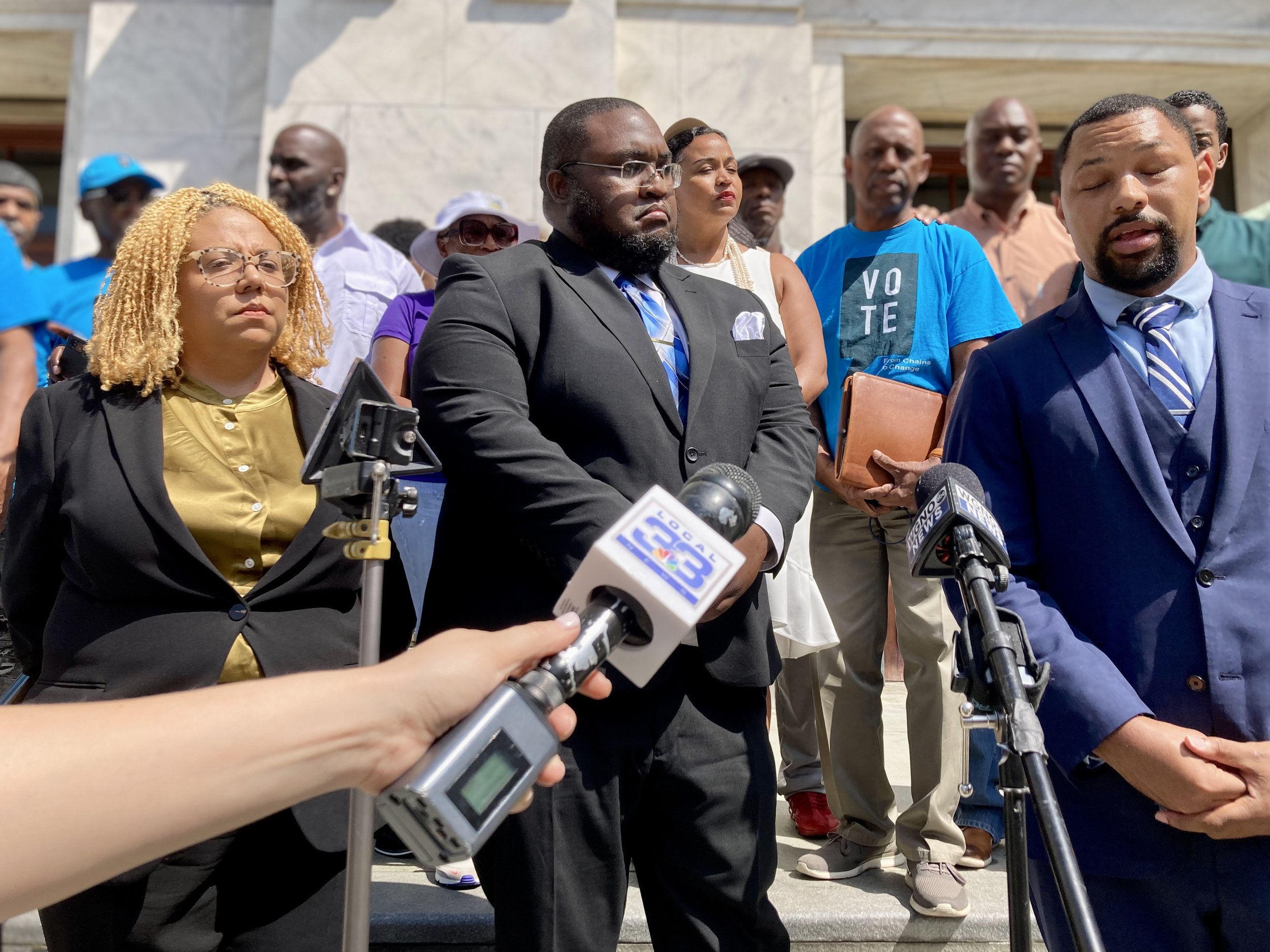
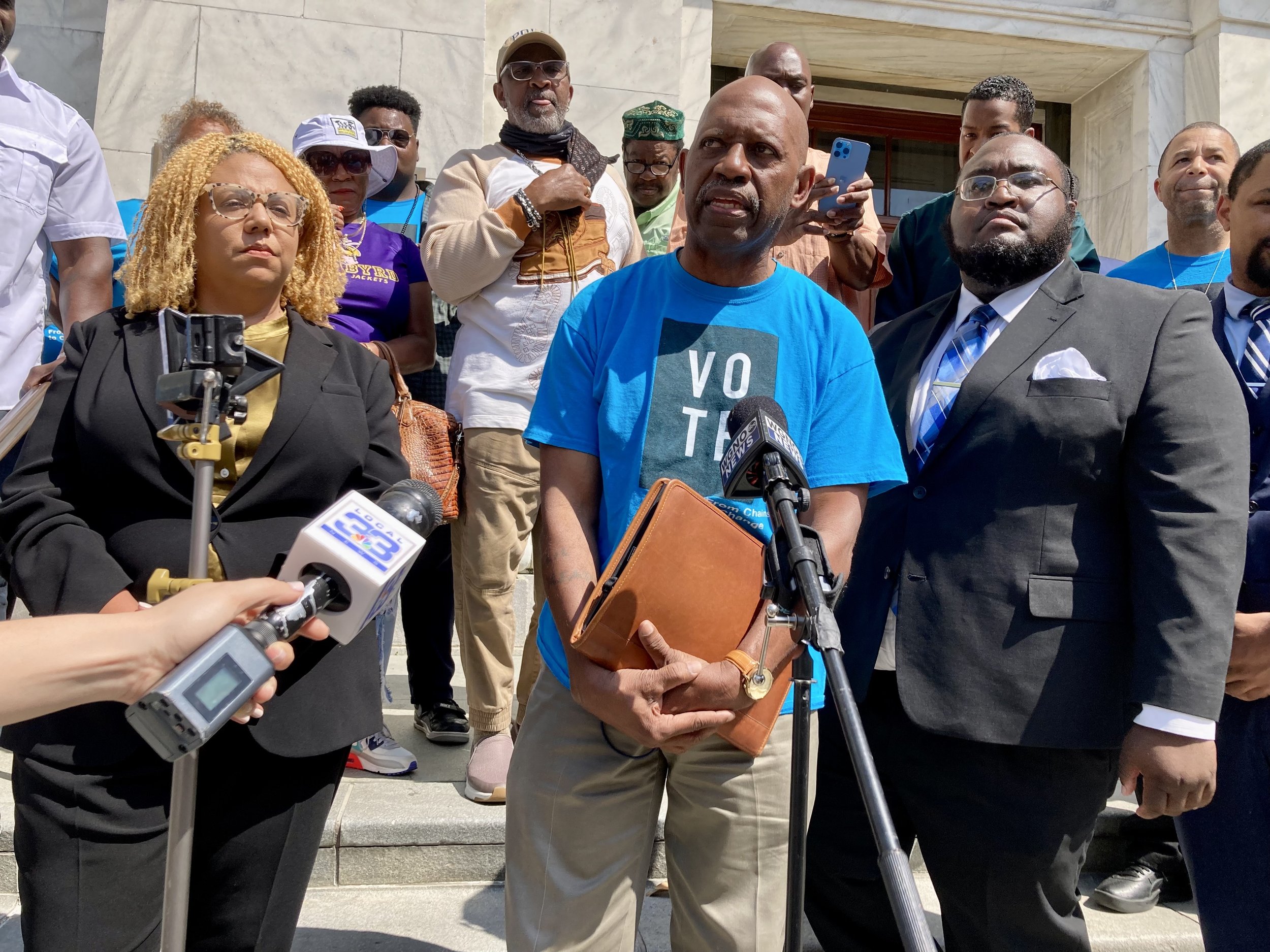
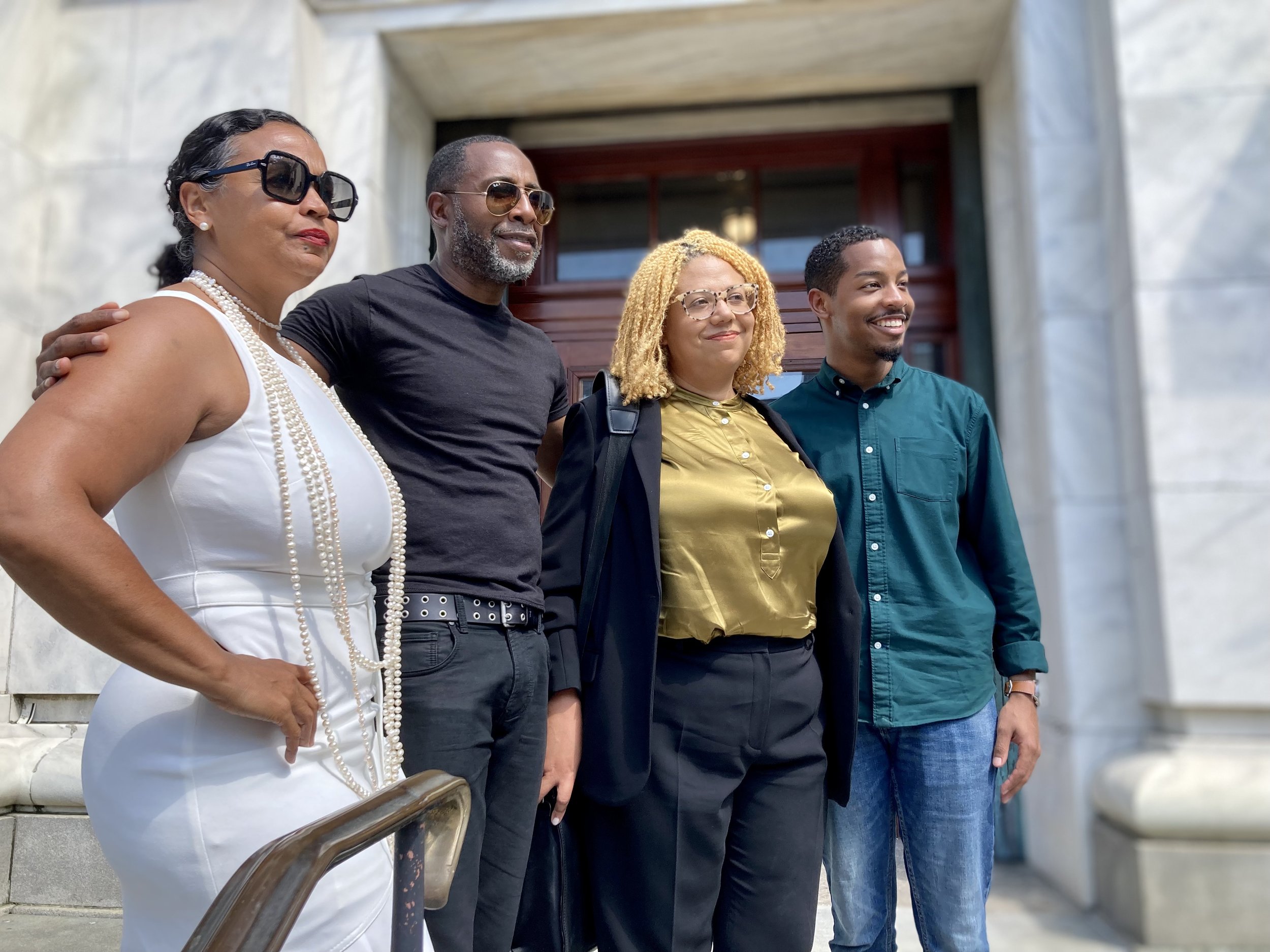

New Orleans, LA (May 10, 2022) – On Tuesday, May 10, 2022, attorneys from the Promise of Justice Initiative (PJI) argued Reddick v. Louisiana before the Louisiana Supreme Court. Mr. Reginald Reddick’s case will decide the fate of around 1,500 people who remain incarcerated with non-unanimous “Jim Crow jury” verdicts. The U.S. Supreme Court decided that Jim Crow jury verdicts were unconstitutional in April 2020 in PJI’s monumental case, Ramos v. Louisiana. Mr. Reddick’s case decides whether those with final convictions at the time of the April ruling have a right to a new trial.
PJI Client Reginald Reddick
“The Louisiana Supreme Court has a historic opportunity to not only be on the right side of history, but also the right side of the law,” said Jamila Johnson, deputy director at PJI and the attorney who argued Mr. Reddick’s case. “In the United States we believe that people are innocent until proven guilty: this is embedded in the rights within our Constitution and we work to uphold that principle as a state. We can fulfill the promise of justice and end what Justice Kavanaugh called the last Jim Crow Law in Louisiana.”
A Louisiana district court threw out Mr. Reddick’s conviction last August. The Louisiana Attorney General is seeking to reinstate the conviction and uphold the application of this Jim Crow law to Mr. Reddick.
“Our brother Reggie is not guilty. He has spent the last 30 in prison for something he did not do. We are hopeful that with the grace of God, Reggie is coming home to us. He lost his little girl to a fire, his son grew up without him. It has been very hard for all of us,” Charlene Reddick, Reginald Reddick’s sister, said. “Our brother is a sweet person, he always cared about people. He is not a violent person. He never did what they claimed he did.”
Mr. Reddick—a Black man from Plaquemines Parish—faced trial nearly a century after Louisiana adopted the Jim Crow Jury provision. Two jurors in his case said they thought he was not guilty. Mr. Reddick has been in prison since 1993. He was convicted without any physical evidence by the testimony of one a witness whose statements changed four times between the day after the crime and Mr. Reddick’s trial.
“The Louisiana Supreme Court has a chance to take a stand against the legacy of Jim Crow in our state, and offer the 1,500 Louisianans who remain incarcerated as a result of Jim Crow juries an opportunity for a fair verdict,” said Mercedes Montagnes, Executive Director of the Promise of Justice Initiative. “Convictions are constitutionally required to be decided by a unanimous jury of 12 peers. It’s past time for our 1,500 community members convicted by non-unanimous juries to get a fair shot at justice.”
PJI Deputy Director, Jamila Johnson (left), and Managing Attorney for the Jim Crow Juries project, Hardell Ward (right). Ms. Johnson and Mr. Ward served as counsel for Mr. Reddick.
In 2018, 64% of Louisianans voted to outlaw non-unanimous juries in the state. Despite this, those convicted before the 2020 Supreme Court ruling remain incarcerated without access to a legal remedy. If the Louisiana Supreme Court decides in favor of Reddick v. Louisiana, people who remain incarcerated as a result of Jim Crow jury verdicts would have access to a form of post-conviction relief.
“We hope that the Louisiana Supreme Court will vote in favor of providing our community members with Jim Crow jury verdicts a chance for legal relief,” said Hardell Ward, PJI’s managing attorney for the Jim Crow Jury Project. “This is an opportunity for the LASC to right the wrongs of our past, and give our fellow Louisianans the justice that they deserve.”
Please find more information about the briefs and photos of our client here.
Read the briefs here:
Amicus Filings in Favor of Reddick
Amicus Filings in Favor of State
Coverage on Reddick v. Louisiana:
Their Sentences Are Unconstitutional — But They’re Still In Prison. - The Marshall Project
Louisiana case will determine fate of over 1,000 convicted by split juries - The Guardian
Historic decision could be made soon by Louisiana Supreme Court - BR Proud
Non-unanimous verdicts at issue at Louisiana high court - Washington Post/AP
Louisiana Supreme Court to weigh fate of 1,500 inmates convicted by divided juries - Nola.com
La. Supreme Court hears arguments in non-unanimous jury verdict case - Fox8
Louisiana Supreme Court justices wary of tossing 1,500 split jury verdicts - Nola.com
Non-Unanimous Verdicts At Issue At Louisiana’s Supreme Court - The Black Wall Street Times



